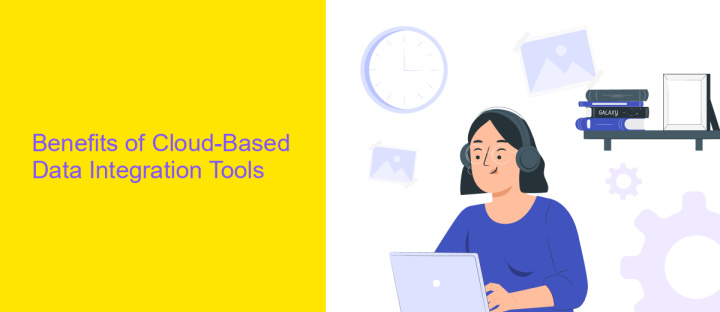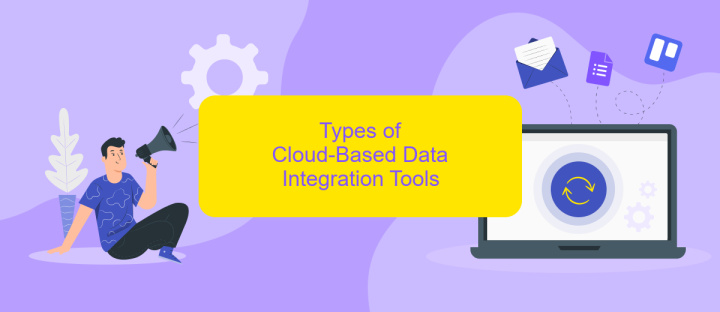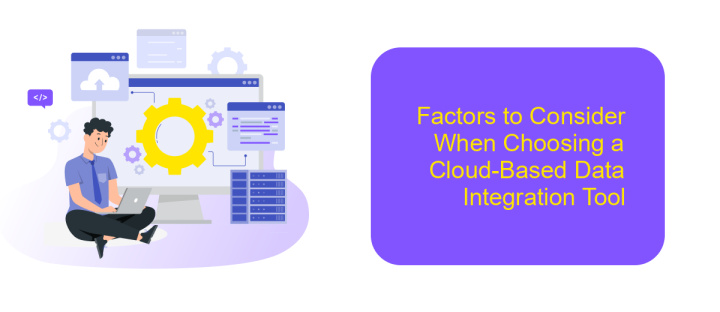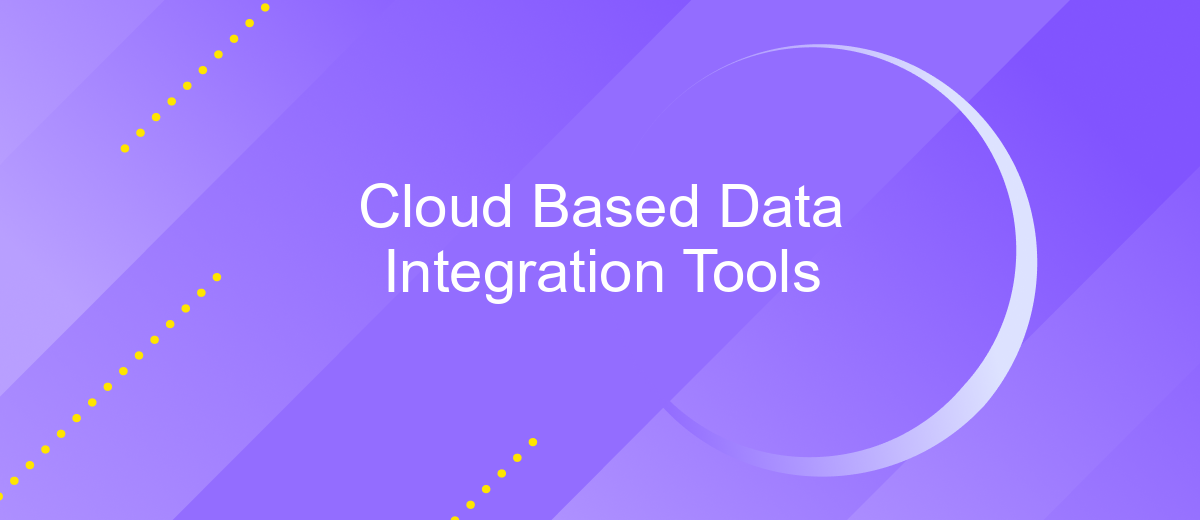Cloud Based Data Integration Tools
In today's digital age, businesses are increasingly turning to cloud-based data integration tools to streamline operations and enhance decision-making. These tools offer seamless connectivity between disparate data sources, enabling real-time data access and improved analytics. This article explores the key benefits, features, and considerations when choosing cloud-based data integration solutions to optimize your organization's data strategy.
Introduction
In today's rapidly evolving digital landscape, the need for efficient and effective data integration has never been more critical. Cloud-based data integration tools are revolutionizing the way businesses manage and utilize their data. These tools offer a scalable, flexible, and cost-effective solution for integrating data from various sources, enabling organizations to make more informed decisions and drive innovation.
- Scalability: Easily handle growing volumes of data without significant infrastructure changes.
- Flexibility: Integrate data from diverse sources, including on-premises and cloud-based systems.
- Cost-effectiveness: Reduce the need for expensive hardware and maintenance costs.
By leveraging cloud-based data integration tools, businesses can streamline their data management processes, improve data quality, and enhance collaboration across departments. As a result, organizations are better positioned to respond to market changes, optimize operations, and gain a competitive edge. The adoption of these tools is not just a trend but a necessity for any forward-thinking enterprise aiming to thrive in the digital age.
Benefits of Cloud-Based Data Integration Tools

Cloud-based data integration tools offer numerous benefits, including scalability and flexibility. Unlike traditional on-premise solutions, cloud-based tools can easily scale to accommodate growing data volumes and evolving business needs. This scalability ensures that organizations can efficiently manage their data without worrying about infrastructure limitations. Additionally, the flexibility of cloud-based tools allows for seamless integration with various data sources and applications, making it easier to adapt to changing technological landscapes.
Another significant advantage is cost-effectiveness. Cloud-based solutions eliminate the need for substantial upfront investments in hardware and software, reducing capital expenditures. They also offer a pay-as-you-go model, allowing organizations to pay only for the resources they use. Tools like ApiX-Drive further enhance these benefits by providing user-friendly interfaces and automated workflows, simplifying the integration process. This not only saves time and resources but also minimizes the risk of errors, ensuring more reliable and efficient data management.
Types of Cloud-Based Data Integration Tools

Cloud-based data integration tools are essential for modern businesses to seamlessly connect disparate data sources and ensure data consistency across various platforms. These tools offer a range of functionalities, from simple data migration to complex data transformation and synchronization. Below are the main types of cloud-based data integration tools:
- ETL (Extract, Transform, Load) Tools: These tools extract data from various sources, transform it into a suitable format, and load it into a target system.
- Data Replication Tools: These tools replicate data in real-time or near real-time between different databases or cloud services.
- iPaaS (Integration Platform as a Service): These platforms provide a comprehensive suite of integration services, including API management, data integration, and workflow automation.
- Data Virtualization Tools: These tools allow users to access and manipulate data without needing to know its physical location or format.
Each type of tool has its unique strengths and is suited for different integration needs. Understanding these types can help businesses choose the right tool to enhance their data management strategies and ensure seamless data flow across their operations.
Factors to Consider When Choosing a Cloud-Based Data Integration Tool

When selecting a cloud-based data integration tool, it is crucial to evaluate several factors to ensure it meets your business needs. The right tool can significantly streamline data management and enhance operational efficiency.
First, consider the scalability of the tool. As your business grows, the tool should be able to handle increasing data volumes without compromising performance. Additionally, ensure it supports various data sources and formats to accommodate diverse integration needs.
- Security: Verify the tool offers robust security measures to protect sensitive data.
- Ease of Use: A user-friendly interface can reduce the learning curve and improve productivity.
- Cost: Evaluate the total cost of ownership, including subscription fees, maintenance, and potential hidden costs.
- Support and Documentation: Reliable customer support and comprehensive documentation are essential for troubleshooting and maximizing the tool's potential.
Finally, consider the tool's integration capabilities with your existing systems and its ability to provide real-time data processing. Choosing the right cloud-based data integration tool can significantly impact your business's data strategy and overall success.
Examples of Cloud-Based Data Integration Tools
Cloud-based data integration tools have revolutionized the way businesses handle data from various sources. One prominent example is ApiX-Drive, a versatile tool that allows users to seamlessly connect different applications and automate data workflows. With its user-friendly interface, ApiX-Drive makes it easy for both technical and non-technical users to set up integrations without the need for extensive coding knowledge. This tool supports a wide range of applications, enabling businesses to streamline their operations and improve data accuracy.
Another notable tool is Zapier, which offers extensive integration capabilities for thousands of apps. Zapier allows users to create automated workflows called "Zaps" that trigger specific actions based on predefined events. Similarly, Talend Cloud provides robust data integration services with advanced features like data quality and governance. These tools, along with others like Informatica Cloud and Dell Boomi, offer scalable solutions for businesses of all sizes, ensuring that data from various sources can be effectively consolidated and utilized for better decision-making.
FAQ
What are cloud-based data integration tools?
How do cloud-based data integration tools improve business processes?
What are the key features to look for in a cloud-based data integration tool?
How can I ensure data security when using cloud-based integration tools?
Can cloud-based data integration tools be used for both small and large businesses?
Apix-Drive will help optimize business processes, save you from a lot of routine tasks and unnecessary costs for automation, attracting additional specialists. Try setting up a free test connection with ApiX-Drive and see for yourself. Now you have to think about where to invest the freed time and money!

